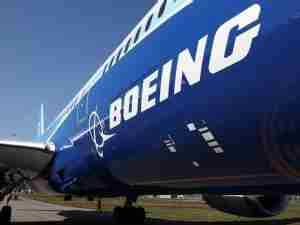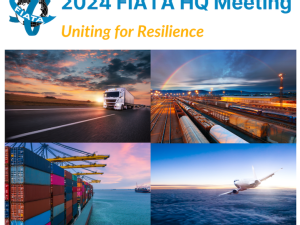Aircraft orders totalling $31 billion across three continents last week show how much airlines, many of which are still struggling to recover from economic crisis, are spending.
The conundrum is how to balance the need for new planes with the heightened uncertainty around fuel prices caused by recent turmoil in the Middle East and North Africa.
"If fuel prices hit a high like 2008 ($147 a barrel), the airlines that will come out on top are the ones who have new aircraft, which are around 20 percent more fuel efficient than the older generation," Peter Morris, chief economist at British aviation consultancy Ascend, said.
International Lease Finance Corp, the world's biggest aircraft leasing firm, ordered 100 narrow body jets from Airbus and 33 from Boeing. Other large orders came from Turkish Airlines, Air China, Cathay Pacific and Hong Kong Airlines.
Lufthansa approved orders for 30 new passenger jets from Airbus and five new cargo planes from Boeing. The total planned order is worth $4 billion at list prices, including $1.3 billion for Boeing.
Airlines have a tough job to balance their desire for new planes to maximise long-term profits and the need to conserve cash to cope with a short-term fuel spike, Davy Stockbrokers analyst Stephen Furlong said.
Steep Oil Price Rise
Fuel accounts for up to a third of an airline's operating cost, and a steep price rise could hurt the industry's efforts to recover from the global financial crisis, particularly given that it often operates on notoriously narrow margins.
Brent crude has risen 20 percent so far this year, driven by uncertainty over Libya and fears that violence could spread to other top oil producing nations. A barrel for April delivery now costs around $110.
Last year's recovery in air transport demand helped airlines return to the black, with some heading for record profits, but steadily rising oil prices could slow that recovery.
Industry body IATA has said it expects global airlines' net profits to halve to $8.6 billion this year as rising costs, especially oil prices, offset increasing demand.
The industry has already had to deal with the fallout from the Icelandic ash cloud and freezing winter weather over the last year and more recently with unrest in North Africa and the impact of the earthquake in Japan.
Since the start of the year shares in IAG -- formed by the merger of BA and Iberia -- have fallen a quarter, while Air France-KLM and Lufthansa have fallen 20 and 17 percent respectively, underperforming the Stoxx Europe 600 travel & leisure Index's 9.95 percent drop. (Reuters)











